1. Kanye West’s Presidential Run in 2020
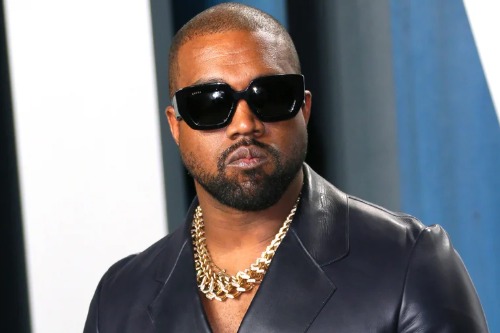
Kanye West shocked everyone when he announced his candidacy for president under the “Birthday Party.” His campaign was filled with bizarre moments, including a tearful rally and confusing statements about Harriet Tubman. While some fans admired his boldness, many saw it as a publicity stunt that muddied an already chaotic election year. No one really asked for Kanye’s take on national policy—especially not like that.
Despite filing with the FEC and getting on a few state ballots, his campaign lacked any coherent platform. He only received around 60,000 votes nationwide, which didn’t stop him from hinting at a 2024 comeback. Many critics feared he siphoned votes from serious candidates, potentially impacting close races. In the end, it felt more like a celebrity flex than a civic contribution.
2. Susan Sarandon’s Bernie-or-Bust Stance
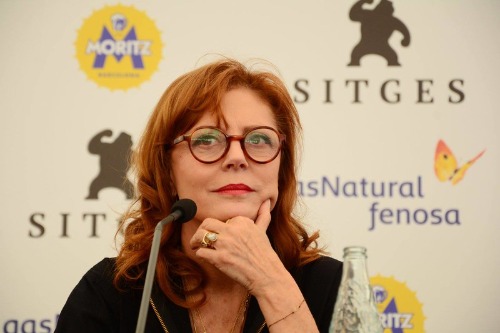
Actress Susan Sarandon became one of Bernie Sanders’ most vocal celebrity supporters during the 2016 election. But her refusal to back Hillary Clinton after Bernie lost the primary sparked backlash. She even suggested that Trump might “bring the revolution,” implying he could be a necessary evil for political change. That didn’t sit well with many progressives worried about real-world consequences.
Her stance was widely cited as encouraging voters to abstain or go third-party in critical swing states. While celebrities are entitled to their opinions, her comments felt unusually dismissive of the stakes involved. Years later, she doubled down on her position, further fueling debate about celebrity influence. Many felt her passion got in the way of pragmatic politics.
3. Kid Rock’s Fake Senate Run
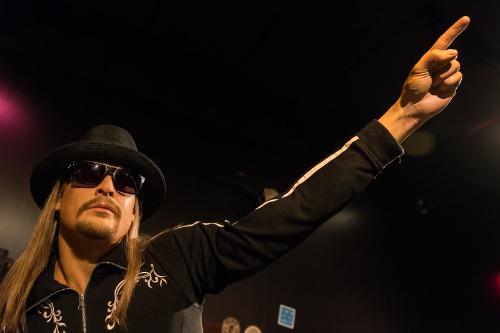
In 2017, Kid Rock stirred the pot by teasing a Senate run in Michigan. He went as far as launching a “Kid Rock for Senate” website and selling campaign merch. For months, people weren’t sure if he was joking, and some supporters took him seriously. Eventually, he admitted it was a publicity stunt.
Critics argued the stunt trivialized the political process during a time of serious division. While Kid Rock later clarified he wouldn’t run, the whole saga blurred the line between entertainment and civic engagement. The merch sales may have been great, but the confusion wasn’t. A lot of people wondered: what was the point, really?
4. Roseanne Barr’s Twitter Rants and 2018 Scandal
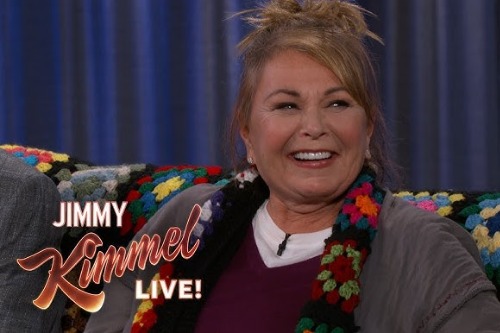
Roseanne Barr had always been politically outspoken, but in 2018, things hit a boiling point. Her offensive tweet comparing former Obama advisor Valerie Jarrett to an ape led to a swift backlash. ABC canceled her “Roseanne” reboot overnight, despite its strong ratings. She blamed Ambien, but the damage was already done.
While some defended her right to free speech, many felt she used her platform irresponsibly. Her tweets often veered into conspiracy territory, aligning with QAnon and far-right rhetoric. It wasn’t just political—it was polarizing in a way that alienated audiences. The fallout showed how a celebrity’s unfiltered political takes can implode their own career.
5. James Woods’ Twitter Turn as a Conservative Firebrand
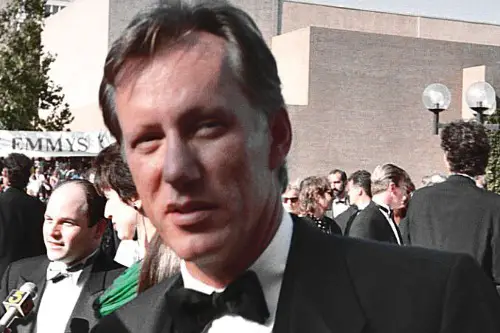
Once known for his film work, James Woods became more famous in recent years for his hard-right Twitter persona. He frequently tweets inflammatory takes on elections, immigration, and liberals in Hollywood. At one point, he was temporarily suspended from Twitter for sharing misleading content. His online presence has become a lightning rod.
Though he insists he’s standing up for free speech, his tone often seems more combative than constructive. Hollywood largely distanced itself from him, and he claims to have been blacklisted. Woods isn’t just political—he’s become a symbol of the cultural divide. Whether that’s admirable or alienating depends on your politics, but it’s clear no one asked him to go that hard.
6. Madonna’s Women’s March Comments
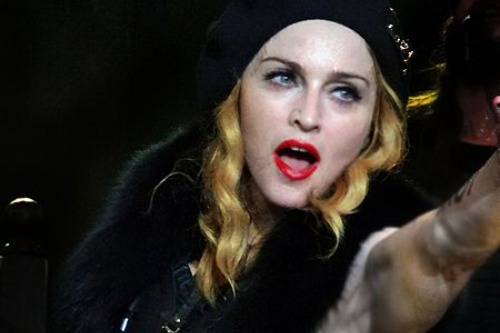
At the 2017 Women’s March in D.C., Madonna gave a fiery speech that turned controversial fast. She admitted she’d thought about “blowing up the White House,” though she quickly added she wasn’t being literal. Still, the comment dominated headlines and gave fuel to conservative critics. Her message of unity was overshadowed by that one explosive line.
Madonna later defended herself, saying her words were taken out of context. But when a pop icon makes such a provocative statement at a political event, it’s going to get attention. Many supporters cringed, wishing she’d stuck to inspiration rather than incendiary language. It was a moment where celebrity passion overpowered the cause.
7. Ted Nugent’s Obama-Era Outbursts
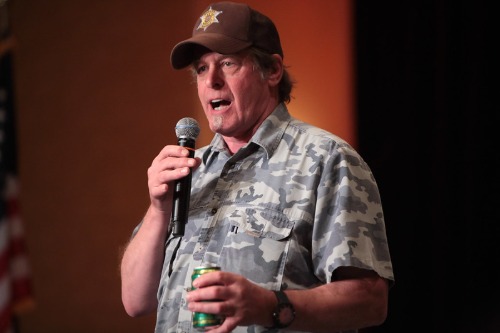
Rocker Ted Nugent has long been an outspoken conservative, but he ramped things up during the Obama years. He called the president a “subhuman mongrel” in 2014—a comment that even some Republicans condemned. Secret Service reportedly investigated him over threats and violent rhetoric. Yet he doubled down repeatedly on his views.
He later attended the White House under Trump, posing with Sarah Palin and Kid Rock next to a Hillary Clinton portrait. For many, his behavior seemed more about provocation than policy. He’s turned patriotism into a personal brand, but it often feels performative. And no, nobody asked for guitar riffs with their gun rights.
8. Alyssa Milano’s Role in Brett Kavanaugh Hearings
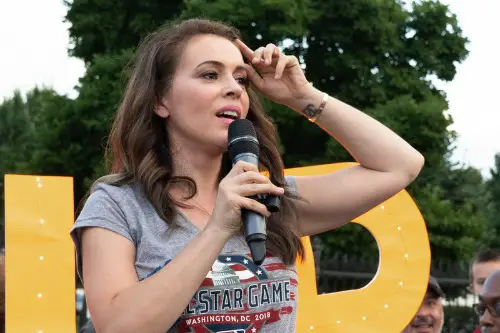
Actress Alyssa Milano became a prominent activist during the #MeToo movement, but her presence at the Brett Kavanaugh hearings raised eyebrows. She sat behind him during testimony, visibly reacting and later writing op-eds condemning his confirmation. Critics accused her of making it about herself rather than the issues. Supporters said she was speaking truth to power.
Still, some questioned whether her involvement actually helped the cause. She wasn’t part of the legal process and had no formal role in the proceedings. Her celebrity presence added drama to an already fraught moment. It felt more like political theater than meaningful advocacy.
9. Robert De Niro’s Anti-Trump Tirades
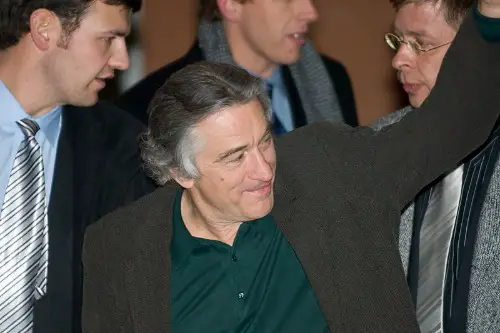
Robert De Niro didn’t hold back during Trump’s presidency, famously saying “F*** Trump” at the 2018 Tony Awards. The crowd gave him a standing ovation, but reactions outside the room were more mixed. Critics said he was stoking division rather than making a point. De Niro, however, remained unapologetic.
He continued making public appearances where he slammed Trump and his supporters, sometimes in profane language. While many admired his boldness, others questioned the effectiveness of celebrity outrage. It was less about persuasion and more about venting. And not everyone signed up for political speeches with their entertainment.
10. Chrissy Teigen’s Online Feuds with Political Figures
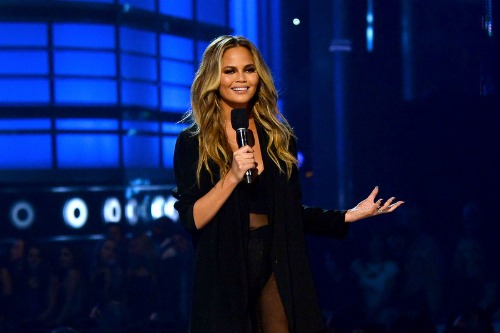
Chrissy Teigen often mixes snark and sincerity on social media, but her political feuds reached new heights during the Trump years. She famously called Trump a “p**** a** b***,” which got her blocked by the president. The moment went viral, and fans cheered, but critics argued it was just digital name-calling. She became almost as known for her tweets as for her modeling or TV work.
Teigen said she was using her platform to push back against cruelty and injustice. Still, her tone wasn’t always civil or constructive, even by Twitter standards. While her intentions might have been sincere, the execution often bordered on trolling. It’s a reminder that being loud doesn’t always equal being helpful.
11. Sean Penn’s Freelance Diplomacy
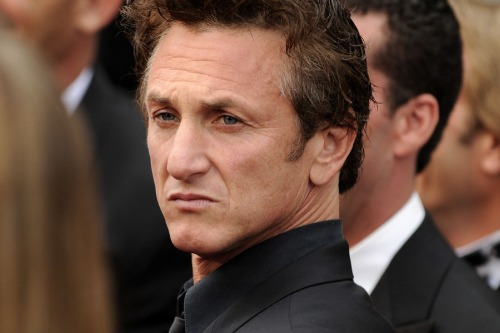
Actor Sean Penn has a long history of political activism, but his 2015 meeting with drug kingpin El Chapo took things to another level. He secretly interviewed the fugitive for Rolling Stone while authorities were still hunting him. The article caused a media frenzy and raised questions about Penn’s judgment. Some even speculated that his meeting helped authorities locate El Chapo.
Penn defended the piece as journalism, but critics said he was glorifying a criminal. It blurred the line between activism, journalism, and ego. He’s also met with leaders like Hugo Chávez and Fidel Castro, drawing criticism for seeming to cozy up to authoritarian regimes. People were left wondering: is this activism or just a global selfie tour?
12. Will.I.Am’s Obama Campaign Anthems
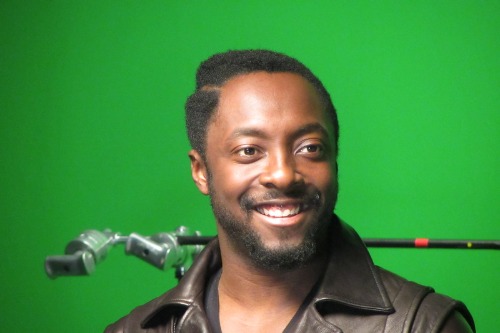
Black Eyed Peas frontman will.i.am became an unofficial hype man for Barack Obama during the 2008 campaign. His song “Yes We Can,” featuring celebrities quoting Obama speeches, went viral and was praised for its emotional impact. But some felt it was overly sentimental and veered into celebrity worship. It sparked a trend of Hollywood glamorizing politics.
While the intentions were uplifting, the song arguably helped solidify a “cool factor” in politics that’s not always productive. It made voting feel trendy, but not necessarily informed. Celebrities were suddenly influencers in the political arena, for better or worse. And it raised the question: should pop stars really be setting the tone?
13. Shailene Woodley’s Standing Rock Arrest
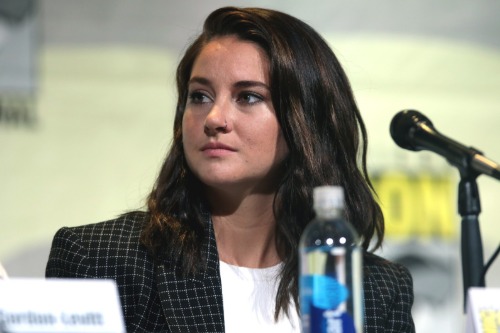
Shailene Woodley was arrested in 2016 while protesting the Dakota Access Pipeline at Standing Rock. She live-streamed the event and became a vocal figure in the environmental movement. While her passion was real, her fame turned a local, Indigenous-led movement into a celebrity story. Critics worried it shifted attention from the Native voices leading the charge.
Woodley said she was using her platform for good, and her intentions were widely praised. Still, the coverage often centered on her arrest rather than the larger issue. It became a classic case of celebrity activism overshadowing grassroots organizing. The spotlight moved—but not always where it should have.
14. Mark Ruffalo’s Climate Crusade
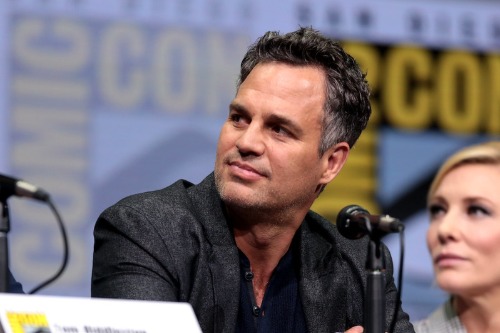
Actor Mark Ruffalo is an outspoken environmentalist and critic of the fossil fuel industry. He’s called for banning fracking and divesting from fossil fuels, often making impassioned speeches at protests and on talk shows. While many agree with his message, some question whether Hollywood’s carbon footprint undermines its climate advocacy. After all, jetting to Cannes and then protesting pipelines feels a little contradictory.
Ruffalo acknowledges the contradictions but says silence is worse. Still, his activism sometimes comes off as scolding rather than inspiring. His heart is in the right place, but the delivery isn’t always effective. It’s one thing to speak up—and another to actually move the needle.
This post 14 Times American Celebrities Got Way Too Involved in Politics (And No One Asked Them To) was first published on American Charm.


